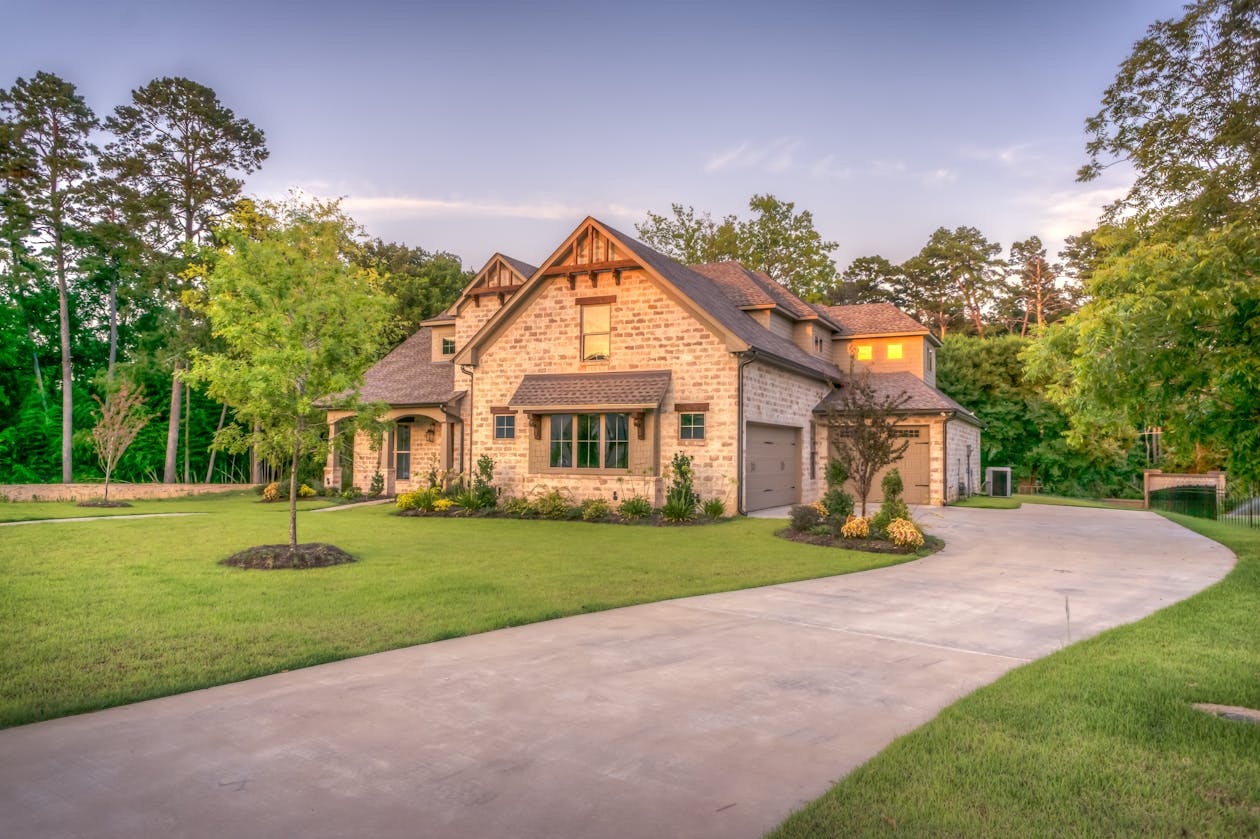
Introduction
Sustainable landscaping is an approach to designing and maintaining outdoor spaces that focuses on minimizing environmental impacts, conserving resources, and promoting ecological health. As the world becomes more aware of the importance of sustainable practices, homeowners and business owners alike are seeking ways to create beautiful landscapes that are also environmentally friendly. In this blog post, we'll explore the benefits of sustainable landscaping and share some of the methods we use at Lucero Landscaping & Construction to implement these practices in Montville, New Jersey, and surrounding areas.
The Benefits of Sustainable Landscaping
Environmental Protection
One of the most significant advantages of sustainable landscaping is its positive impact on the environment. By using native plants, reducing water usage, and minimizing chemical applications, sustainable landscaping helps protect and preserve local ecosystems. Native plants support local wildlife, such as pollinators, birds, and other beneficial insects, while also requiring less water and fewer chemical inputs compared to non-native species.
Water Conservation
Sustainable landscaping practices often emphasize water conservation, which is essential given the increasing demand for water resources worldwide. By using native plants, efficient irrigation systems, and strategic design, sustainable landscaping can drastically reduce water usage, benefiting both the environment and your water bill.
Reduced Maintenance
Landscapes designed with sustainability in mind often require less maintenance than traditional landscapes. Native plants are typically more resistant to pests and diseases, reducing the need for chemical applications. Additionally, sustainable landscapes often incorporate features like mulch and groundcovers, which can help suppress weeds and reduce the need for frequent maintenance.
Enhanced Property Value
An attractive, well-designed sustainable landscape can increase your property's curb appeal and overall value. In today's environmentally-conscious market, potential homebuyers and clients are increasingly drawn to properties with eco-friendly features. A sustainable landscape can set your property apart and make it more appealing to potential buyers or clients.
Healthier Outdoor Spaces
By reducing chemical applications and promoting native plants that support local wildlife, sustainable landscaping can create healthier outdoor spaces for you and your family to enjoy. You'll benefit from cleaner air, reduced noise pollution, and a more serene environment, while also providing habitat for birds, butterflies, and other wildlife.
How We Implement Sustainable Landscaping at Lucero Landscaping & Construction
Embracing Native Plants
One of the cornerstones of sustainable landscaping is the use of native plants. These plants have evolved to thrive in the local climate and soil conditions, making them more resistant to pests and diseases, and requiring less water and maintenance than non-native species. At Lucero Landscaping & Construction, we prioritize the use of native plants in our designs, taking care to select species that will not only enhance the beauty of your landscape but also support local ecosystems.
Efficient Irrigation Systems
An essential aspect of sustainable landscaping is water conservation. We design and install efficient irrigation systems, such as drip irrigation and smart controllers, that help minimize water waste. These systems deliver water directly to the root zones of plants, reducing evaporation and runoff. Additionally, smart controllers can adjust watering schedules based on local weather conditions, further conserving water resources.
Incorporating Hardscapes and Permeable Surfaces
Hardscapes, such as patios, walkways, and retaining walls, can add functionality and visual appeal to your landscape while also helping to reduce water usage. By using permeable materials, such as permeable pavers or gravel, we can create surfaces that allow rainwater to infiltrate the soil, reducing runoff and promoting groundwater recharge. This not only conserves water but also helps to prevent erosion and protect local waterways from pollution.
Mulching and Groundcovers
Mulch and groundcovers play a vital role in sustainable landscaping by conserving soil moisture, suppressing weeds, and preventing erosion. At Lucero Landscaping & Construction, we use organic mulches, such as wood chips or shredded bark, which decompose over time and add nutrients back into the soil. This helps improve soil structure and supports the growth of beneficial microorganisms. Groundcovers, including low-growing native plants and grasses, can be used to cover large areas of soil, reducing water evaporation and providing a visually appealing alternative to traditional lawns.
Sustainable Lawn Care Practices
Traditional lawns can be resource-intensive, requiring significant amounts of water, fertilizers, and maintenance. By adopting sustainable lawn care practices, we help our clients reduce their environmental impact without sacrificing the beauty of their outdoor spaces. This can include using drought-tolerant grass species, mowing at a higher height to promote deeper root growth, and implementing organic lawn care techniques, such as composting and natural pest control methods.
Rainwater Harvesting
Rainwater harvesting systems, such as rain barrels and cisterns, can be an excellent addition to sustainable landscapes. These systems collect and store rainwater for later use in irrigation, helping to reduce the demand for potable water resources. At Lucero Landscaping & Construction, we can design and install rainwater harvesting systems that seamlessly integrate with your landscape and provide a valuable source of water for your plants.
Creating Wildlife Habitat
A key component of sustainable landscaping is promoting biodiversity by creating habitats for local wildlife. We incorporate features such as birdhouses, bat boxes, and native flowering plants to attract pollinators, birds, and other beneficial wildlife. Providing habitat for these creatures not only supports local ecosystems but also adds interest and enjoyment to your outdoor spaces.
Conclusion
Sustainable landscaping is an investment in the health of our environment and the future of our planet. By implementing eco-friendly practices in our designs and installations, Lucero Landscaping & Construction helps clients create beautiful, functional outdoor spaces that contribute to a healthier ecosystem. By embracing sustainable landscaping principles, we can all play a part in preserving our natural resources and creating a greener, more beautiful world for future generations.